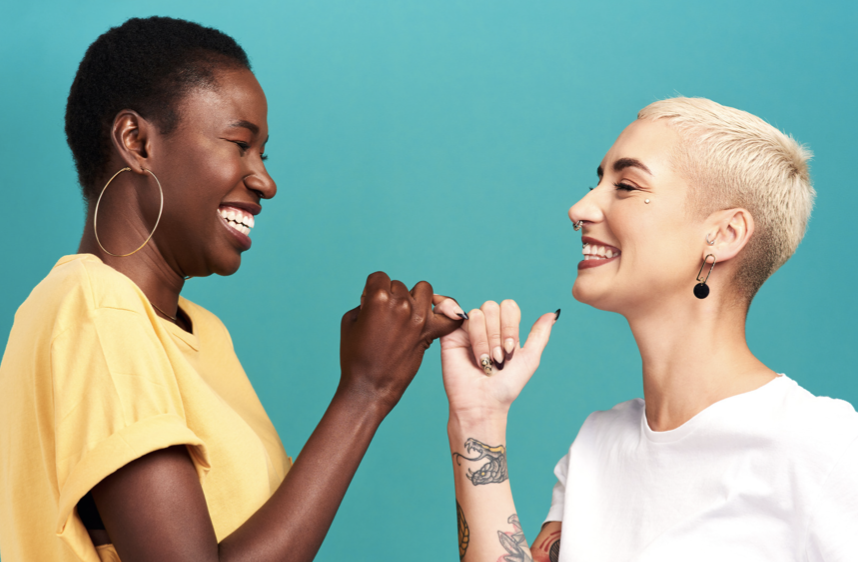Teacher and Paraprofessional Relationship Best Practices
The teacher and paraprofessional (education assistant) relationship can be extraordinarily helpful for school staff and students. Below are some strategies for teachers to set this relationship up for success:
1. SPACE: Carve out a space for the paraprofessional in the classroom. Designate a desk or table for them and encourage them to make it their own. Some paraprofessionals move around to different classrooms throughout the day and could use a space to keep classroom materials. Dedicating space for paraprofessionals is an indication that they are a valued member of the classroom. Be sure to introduce the paraprofessional to the class and refer students to them for support.

2. COLLABORATE: Ideally you have some prep time together and can go over plans for the day and for the week. Setting up a meeting once per week to let them know the plan and how they can help is beneficial. If that doesn’t fit into your schedule, could you do a 5 minute check in before class? Set up monthly, or quarterly meetings to go over progress. Keep it simple by asking three questions:
- What is going well?
- What is challenging?
- What adjustments can we make to better serve students?
Ask the paraprofessional how things are going and how you can support them. Ask them to share their ideas and insight about student work, behavior, and relationships. They are a great resource and source of knowledge.
3. CONNECTION: Get to know each other. One way to do this is to fill out a user manual about yourselves and share with each other. Foster the relationship by having coffee together, ask them about their interests, and go out of your way to connect during PD days or all staff activities. If they have an interest that you know about, send them articles, podcasts, links to trainings, or events that align with their interests. When a teacher and paraprofessional have a good relationship, the students will pick up on that and will benefit from it. If you don’t get along, the students will notice that as well.

Find time to encourage them and let them know that you appreciate them. Paraprofessionals don’t always hear this and it can feel good to hear that they are doing a great job! Give specific examples of what they are doing really well. Write them a thank you card now and then and/or ask the students to make one. Consider giving them a shout out at a staff meeting or in a public space.
4. TRAINING: We all need training, up-skilling, and workforce development, paras are no different. If paras are not getting specific, useful training for their profession, consider advocating for them to get training. At Creatively Focused, we have a trauma-informed behavior prevention and response course that will ensure you both are on the same page and set you up for success when supporting students. We also have trainings specific to paraprofessionals and their unique role.
Try some or all of these strategies to foster the teacher para relationship. Let us know how it works for you and contact us for information on how we can support YOU and the amazing work you are doing.
When educators are supported, students benefit.
Written by Shannon Hady, Leadership Integrator, former Paraprofessional and Special Education Teacher
